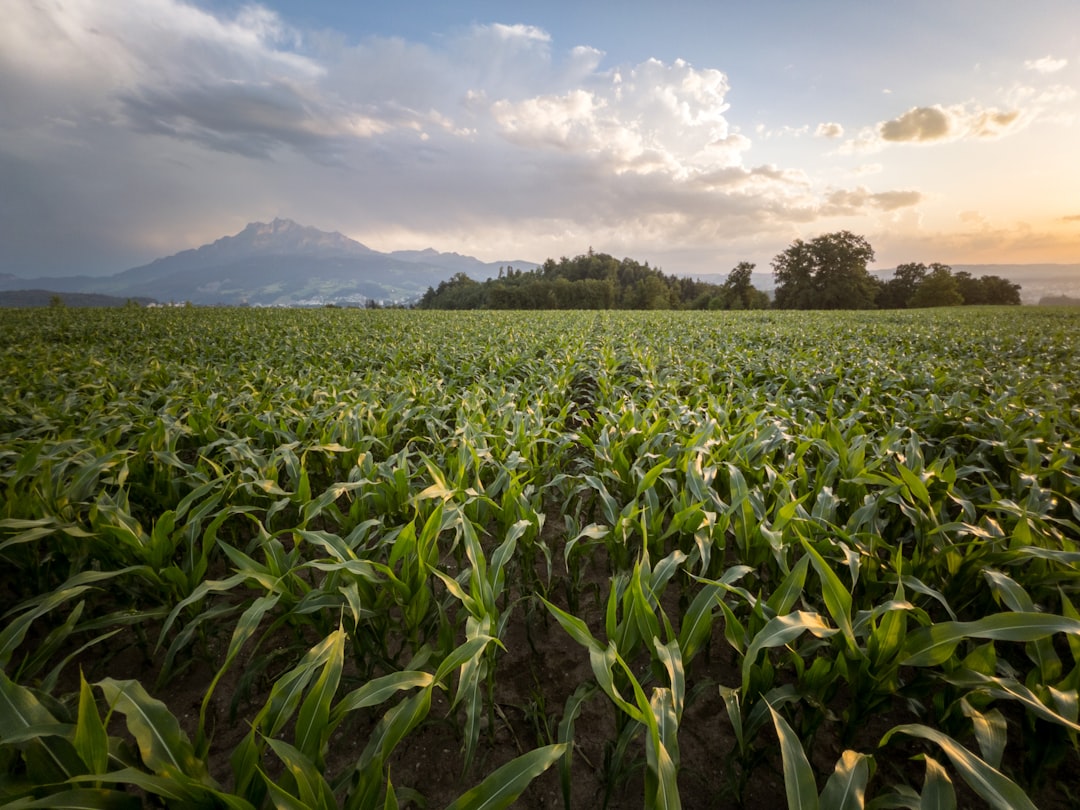Introduction
The International Fund for Agricultural Development (IFAD) is a specialized agency of the United Nations dedicated to eradicating poverty and hunger in rural areas of developing countries. By focusing on agricultural development and rural empowerment, IFAD aims to improve food security, increase income levels, and ensure sustainable agricultural practices. This article analyzes IFAD’s mission, activities, and achievements, evaluating its role in global agriculture.
IFAD’s Mission and Values
Established in 1977, IFAD’s primary mission is to empower rural communities by providing them with the necessary resources to improve their livelihoods. The organization’s core values revolve around inclusivity, sustainability, and innovation. By targeting smallholder farmers and marginalized groups, IFAD aims to create an equitable agricultural development fund that benefits all stakeholders.
Key Activities and Strategies
IFAD implements a variety of projects aimed at enhancing agricultural productivity and resilience. These projects often focus on: – **Capacity Building**: Training farmers in sustainable practices and modern techniques to increase productivity. – **Infrastructure Development**: Improving rural infrastructure, such as roads and irrigation systems, to facilitate market access. – **Financial Services**: Providing microfinance opportunities to rural entrepreneurs and farmers for investment in agriculture. – **Climate Adaptation**: Promoting climate-resilient agriculture to mitigate the impacts of climate change on farming communities.
Achievements and Impact
Over the years, IFAD has made significant strides in transforming rural agriculture. Some notable achievements include: – **Increased Food Security**: IFAD projects have led to improved food production and availability in several regions. – **Empowered Women and Youth**: By focusing on gender equality and youth empowerment, IFAD has enhanced the socio-economic status of these groups. – **Sustainable Practices**: The promotion of sustainable farming techniques has led to increased agricultural productivity and environmental conservation.
Critique and Challenges
While IFAD has achieved considerable success, it faces several challenges. These include: – **Funding Constraints**: Limited financial resources can hinder the implementation of large-scale projects. – **Geopolitical Instability**: Political unrest in certain regions can disrupt project execution and sustainability. – **Climate Change**: The increasing impacts of climate change present ongoing challenges to agricultural productivity and food security.
Conclusion
The International Fund for Agricultural Development plays a critical role in enhancing global agriculture through its focus on sustainable development and rural empowerment. While challenges remain, IFAD’s strategic approach and dedication to improving the lives of marginalized rural populations continue to drive positive change. As the world grapples with climate change and food insecurity, IFAD’s work remains more crucial than ever.



